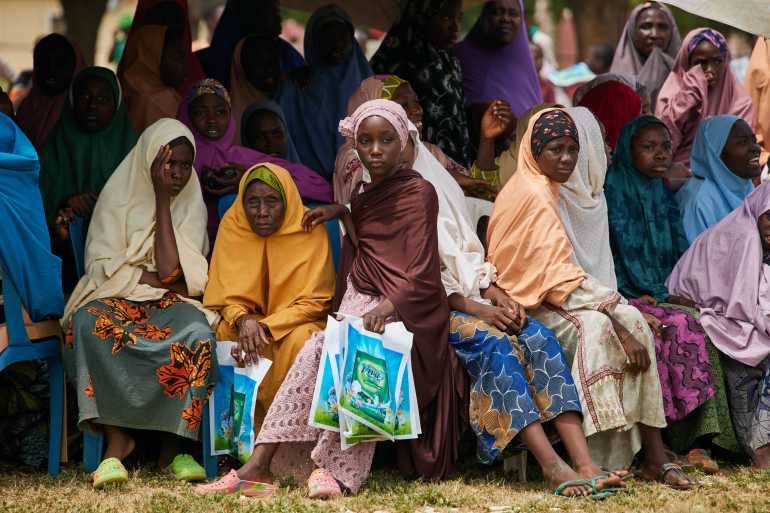Nigeria: Horseback parades and spirituality
The continent’s largest Muslim population is located in Nigeria, the country with the highest population in Africa.
A number of ethnic groups, notably the Hausas and Fulanis, live in the predominantly Muslim northern regions. In the wake of conflict involving bandits and armed organizations like Boko Haram, the north has become synonymous with instability and violence for the past ten years.
The area is a hub for vibrant cultural practices, though for those who reside there.
The north’s hustle and bustle slow down during Ramadan as most people stay indoors to avoid the heat and concentrate on spiritual pursuits like reading the Quran or attending lectures.
And every year, the Durbar festival is held to mark Eid.
Hausas have been affluent with Durbars for centuries because of their cultural, religious, and equestrian celebrations. The Kano City Durbar, one of the largest events ever held today, sees hundreds of thousands of people dressed up in chic Eid attire escorting to the emir’s palace on horseback.
Muhammad Sani Sabo, a photographer based in Kano, has been keeping track of Durbars since 2014. He also takes pictures of his city’s everyday activities. The 31-year-old says he hopes to depict the north in a more accurate way, making it more than just a poster boy for war, illiteracy, and poverty.
According to Sabo, “there are more stories to tell about the north.” “I am a master of telling all the stories, and I think I can do it better than anyone from Lagos or abroad.”
Women and girls in Kano, Kano, will gather for the 2023 Ramadan celebration. The city hosts lectures and gatherings led by an imam or spiritual guide during the holy month of Islam. The city has a lot of Quran study. Companies or individuals occasionally share gifts or food to highlight the spirit of giving and sharing.

Ado Bayero, the 15th emir of Kano, rides a horse during the Durbar festival in 2024. Hausas are renowned for their excellent horsemanship and warrior prowess. Ancient military parades that proclaimed war readiness were the inspiration of Durbar culture. The Ramadan conclusion is celebrated while the current Durbar festivals highlight that heritage. The emir leads his convoy of warriors, artillerymen, and praise singers as the colorful horseback procession moves forward after the morning prayers.

In April 2024, a Kano family awaits the Durbar procession outside the emir’s palace. Without chic, new traditional attire and, of course, a peek at the emir’s glamorous entourage, Eid, or the Hausa festival, is incomplete.
Source: Aljazeera





Leave a Reply